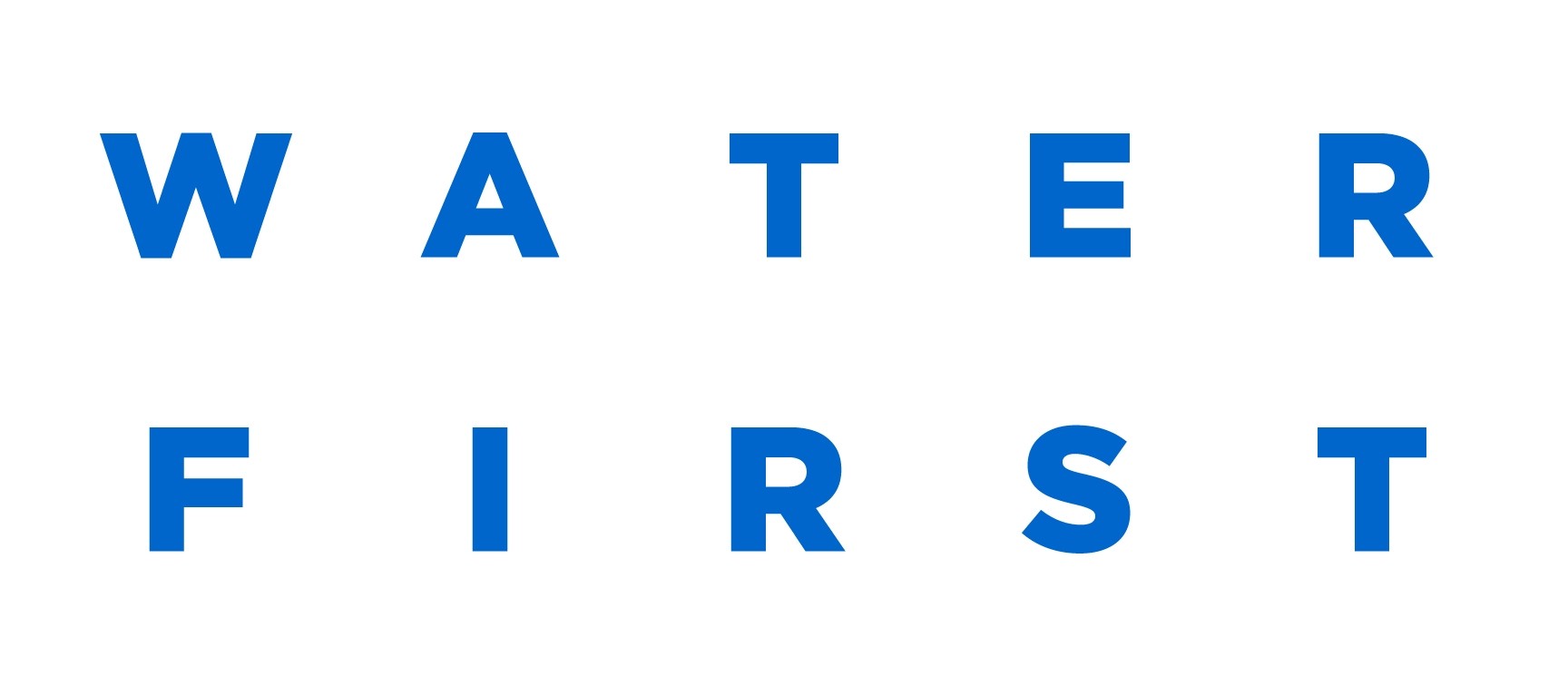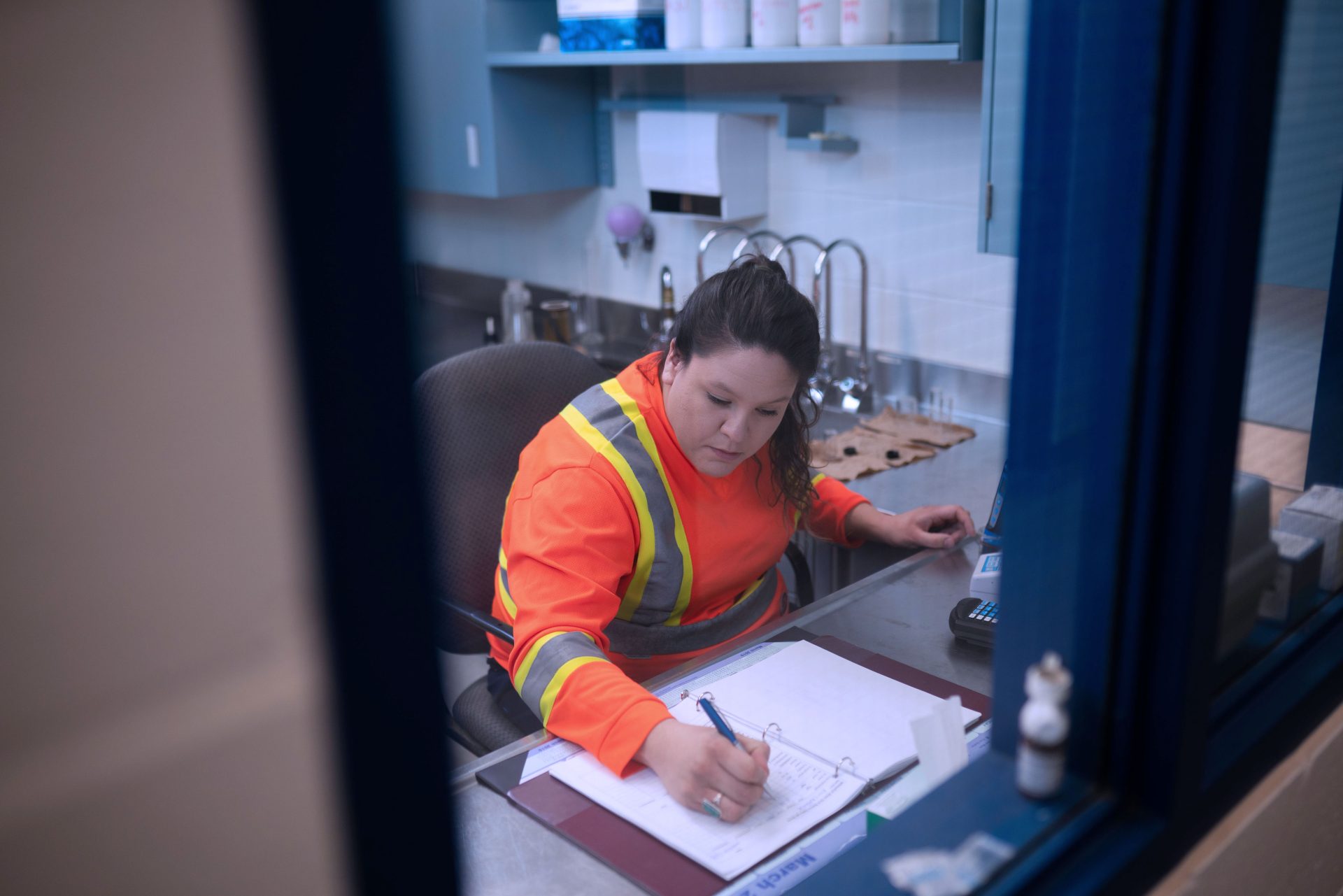After much delay due to COVID travel restrictions, our Indigenous Schools Water Program team was able to travel to Manitoba in May to work with students from Lake St. Martin and Pinaymootang First Nations!
The team delivered the ‘What’s in Your Water’ program, which had students gain an understanding of various water quality parameters like hardness, total dissolved solids, alkalinity, turbidity, and conductivity. After learning about these parameters, the students were presented with 5 water samples, coming from various locations, such as a tap, a community drainage ditch, or Lake Saint Martin. To test their knowledge, students used the results from their tests to determine where each water sample came from!
After a week of these types of hands-on water science activities, Gerald Anderson, a grade 6 teacher from Pinaymootang First Nation, commemorated the visit with an article in the school newspaper. How sweet is that?
Water First’s School Engagement team was grateful to then re-visit the students, teachers and community members of Lake St. Martin First Nation. Here, we had the opportunity to engage in meaningful discussions with students, teachers and Elders about the causes and effects of the devastating 2011 flood that displaced families from their lands for years. The flood ultimately led to the permanent relocation of the community- a process which began in 2016. This brought some meaningful local context to the workshop.
Our programming emphasizes the importance of strengthening Indigenous representation in the STEM fields. We want students to feel excited to be part of the next generation of important decision-makers when it comes to water governance in Canada. We aspire to inspire empowered stewards of their lands.


